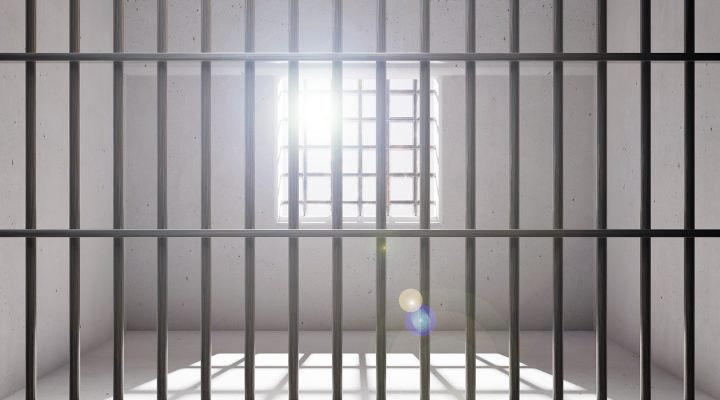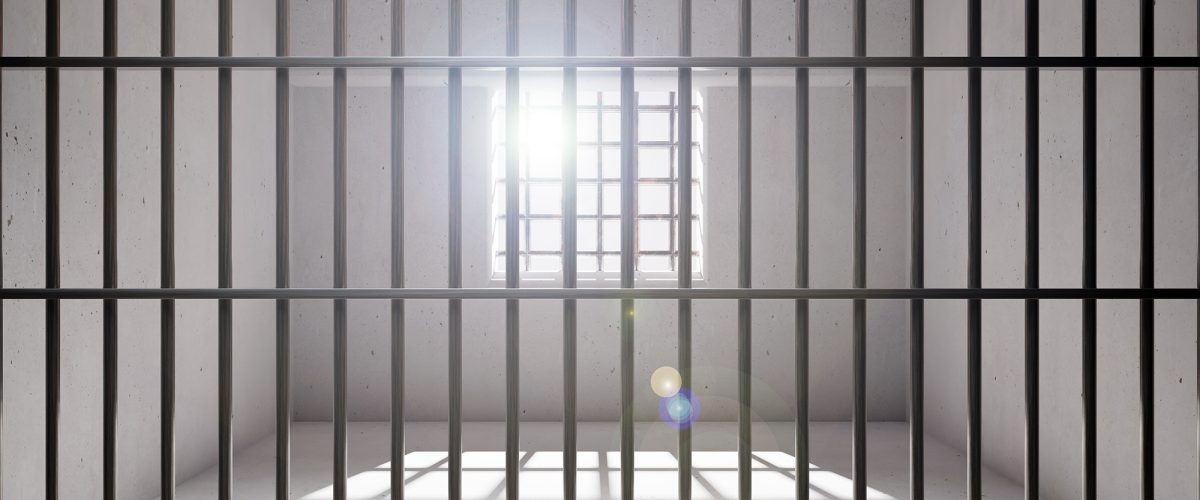Note: This is the first in a three-part series by Chris Caldwell about his work in Kentucky prisons.
I recently had the pleasure of teaching a college class in two medium-security Kentucky prisons. I’m on the faculty of Simmons College of Kentucky, and the class is a part of our Second Chance Pell program, which allows incarcerated men and women to earn degrees while in prison.
In my next two posts, I’ll speak a bit about what I learned, but first I want you to hear from my 40 students. One of my final assignments in the class was this: What are one or two things you wish people on the outside understood better about incarceration and the impact it has on a person?

Here is my summary of the main things they said:
- Not everyone in prison is a bad person. There are bad people serving time, but many are good people who made a bad decision, often while under the influence of drugs or alcohol. My comment: Consider the worst thing you ever did. How might your life have been changed if you had been caught or if someone had been harmed?
- Prison takes a toll on one’s mental health. A high percentage of my students spoke of how prison “works on your head.” The isolation, the stress and the loneliness all wear a person down and tend to distort the lens through which they see the world.
- Prisons are designed to punish, not to rehabilitate. Many lamented the lack of educational and support programs, although some did speak of the opportunity incarceration presents to do some internal work and get oneself to a wiser place.
- Overcrowding and lack of staff make a bad situation worse. Although the prisons where I taught have had less of this than others, at many prisons and jails, short staffing leads to frequent “lockdowns” for hours or days, during which the ability to go outside or go to things like classes or AA meetings is shut down. I would add that the correctional officers I met were regularly working 12-hour shifts, which takes a toll on them as well.
- Family support is crucial when you’re locked up. My students had their final meal each day around 4:00. When I asked how they made it until breakfast, they told me they could buy food items at the commissary, but they also said you couldn’t afford commissary items (or phone calls) without someone on the outside depositing funds to their accounts. Also, because of rules designed to control the movement of contraband, sharing food with a fellow inmate who is hungry is a punishable offense.
- Punishment does not end when one leaves prison. All my students know the deck is stacked against them when they leave. There are financial costs associated with parole, such as paying the cost of required drug testing, and many employers cannot or will not employ felons. If family members live in public housing, they risk eviction if they take in a family member who has a felony drug conviction.
I’m not making excuses for my students, and they didn’t offer me excuses for what they did. I’ve also been pastor to people who carry lifelong pain caused by a criminal. But Jesus clearly had compassion for prisoners. Seems to me we should, too.
Chris Caldwell is a member of the faculty and administration at Simmons College of Kentucky, a historic Black college founded in 1879. He also is a member of the BNG board.


